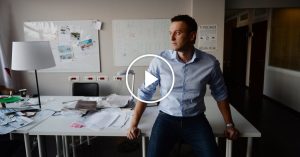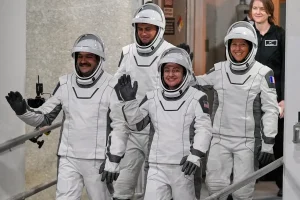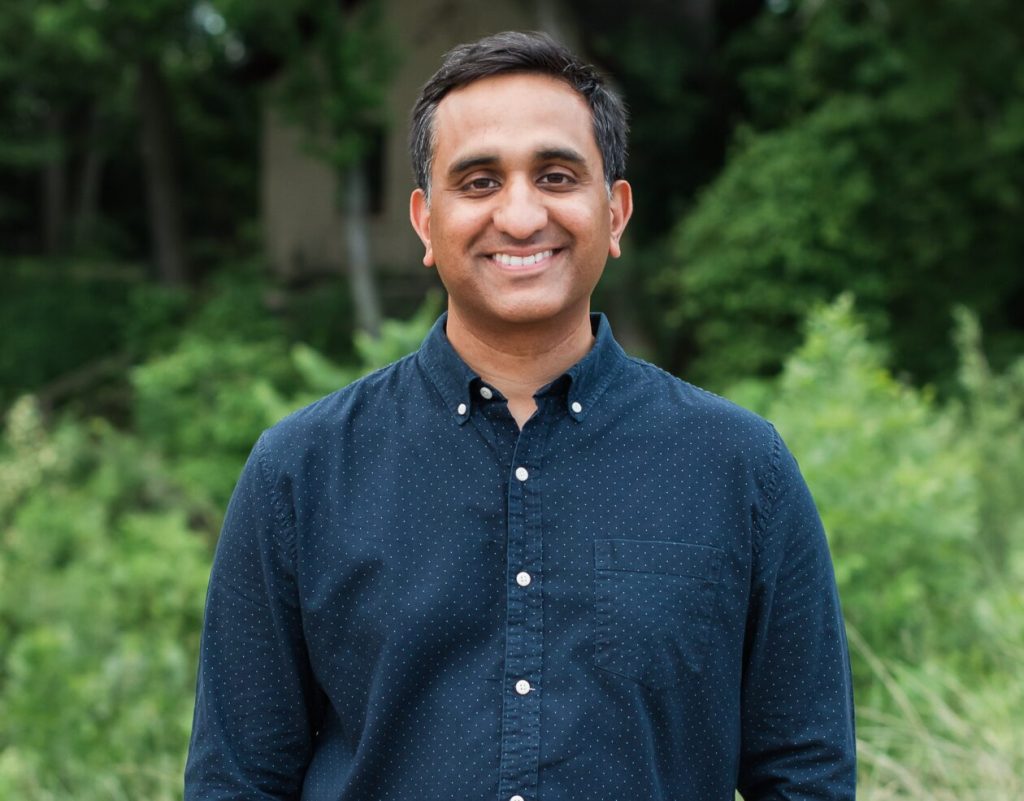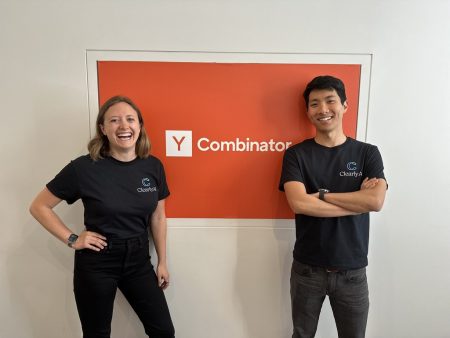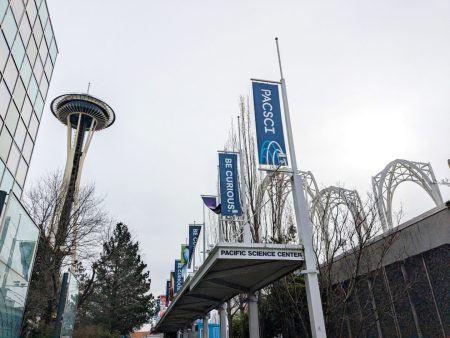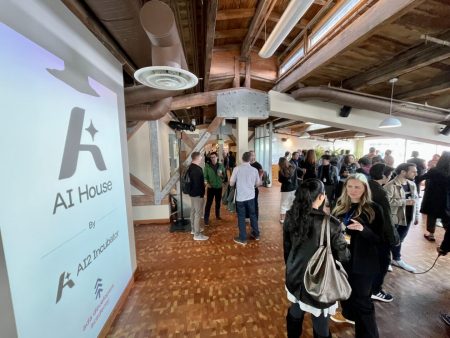From Microsoft AI Strategist to Congressional Candidate: Nick Pyati’s Vision for America’s Technological Future
Nick Pyati, a former Microsoft AI strategist, has entered the political arena as a Democratic candidate for Illinois’ 9th Congressional District, bringing a unique technological perspective to a field crowded with 14 Democrats and two Republicans vying to replace retiring Congresswoman Jan Schakowsky. After spending over nine years at Microsoft, with his final three years focused on AI strategy for Windows and Devices, Pyati returned to his Illinois roots last year, settling in Evanston with his family. His decision to run for Congress came after Donald Trump’s election victory, which he saw as a catalyst for bringing much-needed technological expertise to a federal government he believes is unprepared for the rapid technological changes ahead. “One of the areas Democrats have lost touch with is technology and innovation, and how those are really critical to the progress we want to make,” Pyati explained in a recent interview with GeekWire, highlighting the concerning lack of tech-savvy representatives in Congress during this pivotal era of artificial intelligence.
Pyati’s diverse background spans both public and private sectors, giving him a multifaceted perspective on policy challenges. His career began as a public school teacher in New York City before he attended Yale Law School, after which he served as a federal prosecutor in the Antitrust Division of the U.S. Justice Department during the Obama administration. He then pivoted to the private sector, working at Boston Consulting Group on energy and public sector projects before his nearly decade-long tenure at Microsoft. This combination of experiences—from education to law enforcement to corporate strategy—has shaped his approach to policy-making, particularly regarding emerging technologies. Pyati believes that Democrats need more than anti-Trump rhetoric to win elections; they need a bold, inspiring vision that embraces technological innovation while ensuring it benefits society broadly.
Central to Pyati’s campaign is his desire to reframe public understanding of artificial intelligence beyond just chatbots and automated customer service. He sees AI as a revolutionary force with the potential to transform virtually every aspect of society, comparable to electricity in its eventual ubiquity. “I think there’s a fundamental value in AI. It’s going to be as ubiquitous as electricity, in terms of how it gets used. It’s going to be part of every policy area,” Pyati asserts. This perspective informs his belief that informed policy is essential to harness this technological revolution for public good while ensuring America remains competitive globally. Rather than viewing AI development through the often-polarized lens of either acceleration or responsibility, Pyati rejects this as a false dichotomy: “I don’t think we can choose between rapid progress and safety. We have to have both.”
Pyati’s criticism of current regulatory approaches in Washington reflects his insider knowledge of both technology development and governance. He argues that many existing proposals are “not realistic ways to regulate or guide AI” and are so cumbersome that they will only “slow us down” without providing meaningful protections. Instead, Pyati advocates for a more nuanced approach to technology governance that balances innovation with appropriate guardrails. Drawing on his experience bridging research and real-world applications, he believes he can help craft policies that promote technological advancement while addressing legitimate concerns about safety, privacy, and equity. This balanced perspective, he suggests, is sorely lacking in current congressional debates about technology policy, where representatives often either lack technical understanding or approach regulation with overly simplistic frameworks.
One of Pyati’s most innovative proposals involves reimagining public participation in AI governance. Building on his work with the Collective Intelligence Project, he envisions embedding public representatives within AI companies to participate in decision-making processes. These representatives would bring public interests and perspectives into product design conversations while increasing transparency in how AI systems are developed. This approach reflects Pyati’s belief that effective technology governance requires input from diverse stakeholders, not just industry insiders or distant regulators. By creating structural mechanisms for public participation, Pyati hopes to address concerns about AI development occurring behind closed doors without sufficient consideration of broader societal impacts.
Education also features prominently in Pyati’s platform, with a dual focus on preparing students for an AI-transformed economy while helping current workers adapt to changing job requirements. He advocates for comprehensive AI literacy programs that teach not just technical skills but also ethical considerations and societal implications of AI systems. For adults already in the workforce, Pyati supports flexible, affordable career development programs that facilitate reskilling as certain jobs evolve or disappear due to automation. This holistic approach to education and workforce development demonstrates Pyati’s understanding that technological transitions create both opportunities and challenges for communities. As he prepares for a campaign fundraiser in Seattle this week, Pyati continues to position himself as a candidate who can bridge the worlds of technology and public policy, bringing much-needed expertise to Congress at a critical moment in America’s technological evolution.

